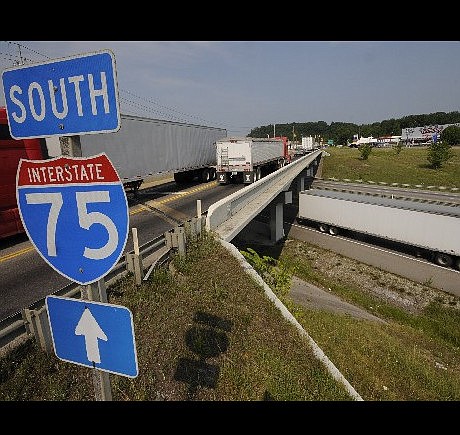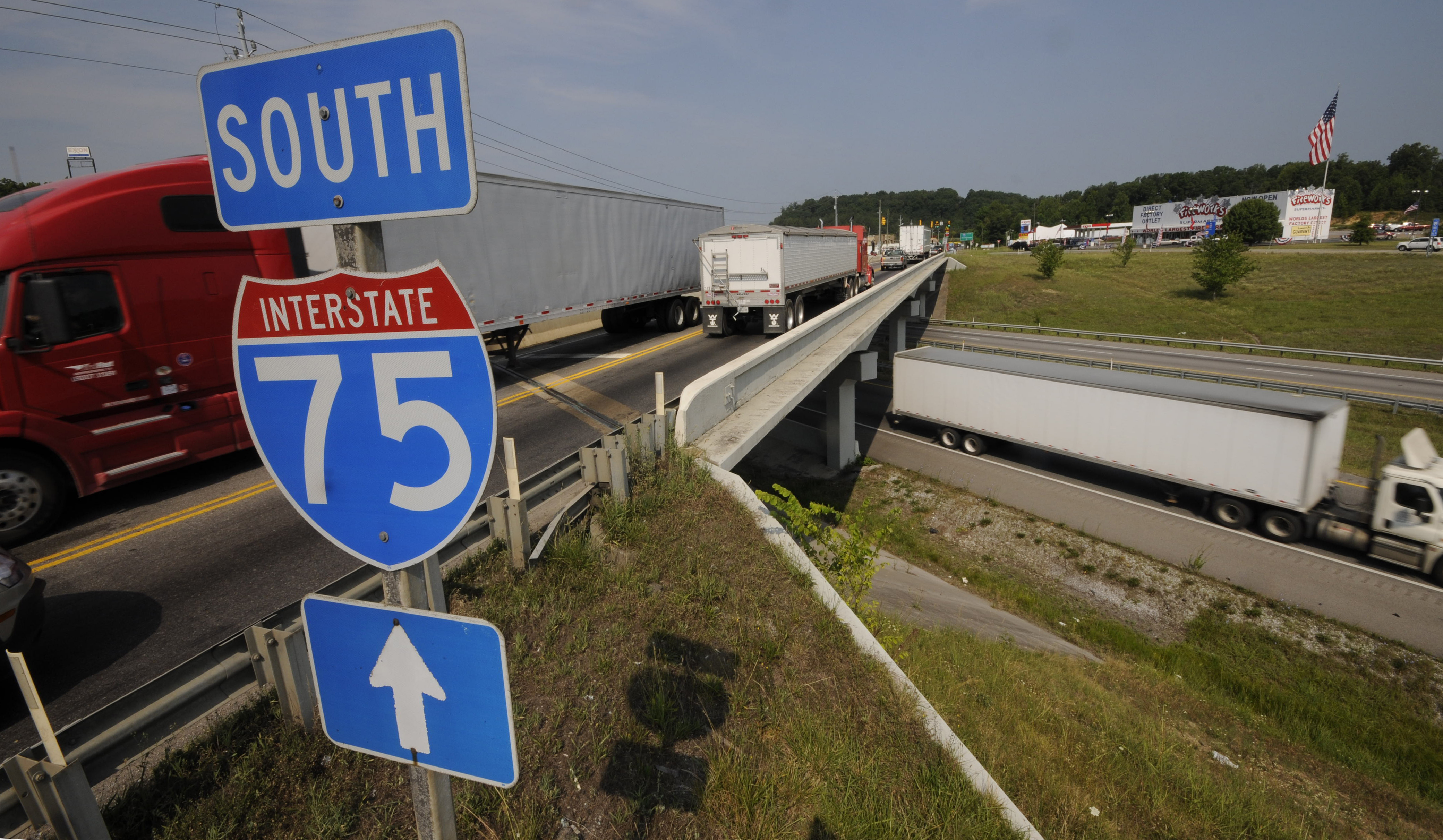CLEVELAND, Tenn. - Cleveland is a step closer to adopting Interstate Gateway Corridor overlay zones for areas around the city's three exits from Interstate 75.
In a recent meeting, the Cleveland City Council voted 7-0 to approve the zoning changes intended to create a more uniform appearance for districts around exits 20, 25 and 27.
"They give tighter control over what can and can't be placed in those areas," said Jonathan Jobe, director of Development and Engineering Services for Cleveland. "It also gives developers a little more flexibility."
The purpose of the new corridor districts includes shaping the appearance of the targeted areas, reinforcing civic pride through appropriate development and protecting and enhancing property values, according to planning documents.
Officials said the new rules also seek to minimize the impact of development on the natural environment and to maintain and improve the quality of life of Cleveland's citizens.
Jobe said the rules were especially created to control how the area along exit 20, which connects to APD-40, will develop. Between a planned industrial park and overhaul of the exit itself, more development will be coming to the zone, he said.
Development to the west of the exit includes a movie theater, a car dealership and convenience stores. However, the stretch of APD-40 east of exit 20 is virtually untouched before its intersection with South Lee Highway.
While some restrictions will be put in place, others will have to be eased, said Corey Divel, city planner.
"We want the gateway areas to see quality development, but we want to approach this in an encouraging way as opposed to being heavy-handed," he said.
Divel said a key element of the new regulations includes reducing the amount of setback distance new development may be placed from roadways.
The new district rules also encourage the limited placement of LED signs, Jobe said.
The districts will not permit uses that are "inconsistent with the operation of a first-class development," planning documents states.
Prohibited uses in the zones include "second-hand" stores such as pawn shops and surplus stores.
Mobile home parks, trailer courts, labor camps and junk yards will not be permitted and neither will veterinary hospitals or animal boarding facilities.
Temporary outdoor retail sales also are curtailed under the new regulations, which specifically mention vacuum cleaners, rugs and carpets, T-shirts, souvenirs, tropical plants and flower bouquets, figurines, furniture and food and beverages. Other temporary outdoor uses such as carnivals, circuses, fireworks and Christmas tree sales also are not allowed.
Existing businesses will be grandfathered-in under the new rules, Jobe said.
The Cleveland City Council will vote May 27 on final passage of the new zoning regulations.
Paul Leach is based in Cleveland. Contact him at paul.leach.press@gmail.com.

